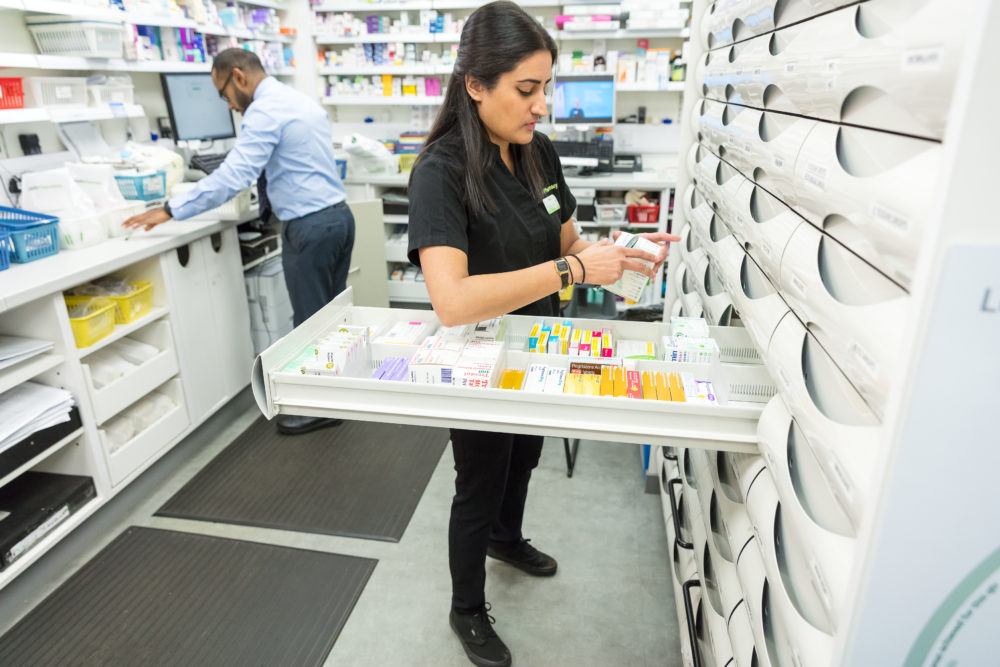
What would the average person “on the Clapham omnibus” do if they were experiencing conjunctivitis? For those unfamiliar with this saying, it refers to a hypothetical ordinary and reasonable person, and is sometimes used by the courts in English law, where it is necessary to decide whether a party has acted as a “reasonable” person would.
Conjunctivitis is the kind of common ailment that is distressing enough to be significant to the person experiencing it, but not so serious as to require acute medical attention. Conjunctivitis was the reason one person who called NHS 111 during the trial of the Digital Minor Illness Referral Service (DMIRS) was referred to a community pharmacy owned by one of the CCA members.
At first the patient requested to see a GP, but once it became clear that the community pharmacy team could provide the necessary care and treatment, they were happy to be referred to their local pharmacy without the need for a follow-up doctor’s appointment.
The pilot has been running in the North East of England since December 2017, and over half of the pharmacies that have taken part are CCA members. DMIRS is something of a gamechanger for community pharmacy, because of the way the service is linked into the wider NHS system. The patient makes contact with the NHS and is then referred into their local community pharmacy, where they have a consultation with the pharmacist who is required to take notes, which are added to an electronic system.
Community pharmacy has always been able to provide prompt advice and treatment but often without ‘the system’ being aware of the intervention made. DMIRS offers community pharmacy a fantastic opportunity to demonstrate its value by becoming more integrated into the primary care system.
Feedback from our members suggests that DMIRS can be a highly successful way of providing treatment and/or advice to people within a pharmacy. Like all new services, the pilot has provided many useful lessons for NHS 111 call handlers and pharmacy teams to learn from a different way of working.
The Long Term Plan makes clear that DMIRS is an example of the kind of service-led approach that will be growing in significance in the coming months and years as the way in which primary care delivery changes. The plan’s approach is the continuation of a direction of travel for community pharmacy that has been in train for some time now and will only become more important in the future. Indeed, patients are already being referred to a pharmacist, not their GP.
The CCA’s members have been actively involved in the pilot of DMIRS and are now delivering it in the extended pilots in the Midlands, London and the South West of England. They care passionately about the future of the community pharmacy network and the positive impact the sector can have on prevention, healthcare and in supporting the NHS. Our members fully support the aims of DMIRS and stand ready to play their part in translating the ambition of the Long Term Plan into reality.
Liz Skinner
Communications and Engagement Manager
